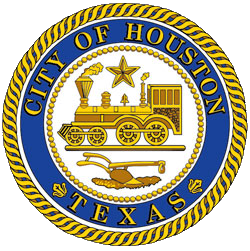The Houston Health Department today announced a confirmed second monkeypox infection in a Houston resident with recent international travel.
There is no known connection between this and the previously reported resident.
The threat of monkeypox to Houston remains low. Monkeypox is rare and doesn’t spread easily between people without close, personal, skin-to-skin contact.
The department’s lab conducted orthopoxvirus testing and the Centers for Disease Control and Prevention (CDC) provided confirmatory testing results.
The resident developed symptoms after returning from travel and is experiencing a mild illness. The resident did not require hospitalization and is isolating at home. Privacy laws prohibit the department from disclosing personal information or further details.
Epidemiologists with the department will reach out to people who had direct close contact with the resident while infectious.
Monkeypox typically begins as a flu-like illness such as fever, headache, muscle aches, backache, chills and exhaustion, and swollen lymph nodes. One to three days after the appearance of fever, a rash develops — often beginning on the face and then spreading to other parts of the body.
It also can spread from person to person through prolonged face-to-face contact or close contact with the infectious rash, scabs, or body fluids. Contact with items such as clothing or linens that previously touched the rash or body fluids is another way monkeypox spreads.
The illness lasts two to four weeks. It can spread from the time symptoms start until the rash fully heals and a fresh layer of skin has formed.
Pregnant women and children as well as persons with complicated medical conditions are at increased risk of serious complications from monkeypox.
Anyone who develops these symptoms should isolate themselves from others to prevent or minimize the risk of spread of illness to others and seek medical attention to be evaluated for potential testing.
People planning international travel can review the CDC’s current recommendations for monkeypox and other communicable diseases for their intended destinations at https://wwwnc.cdc.gov/travel/destinations/list.
